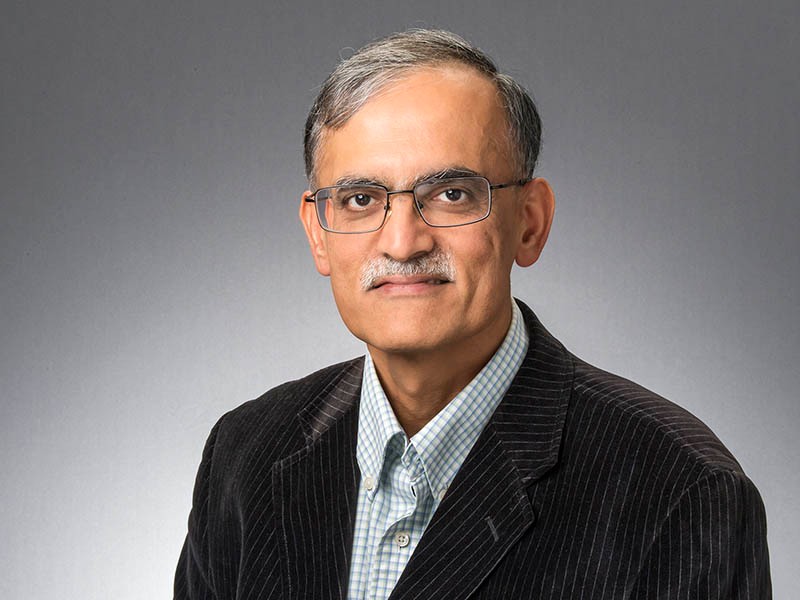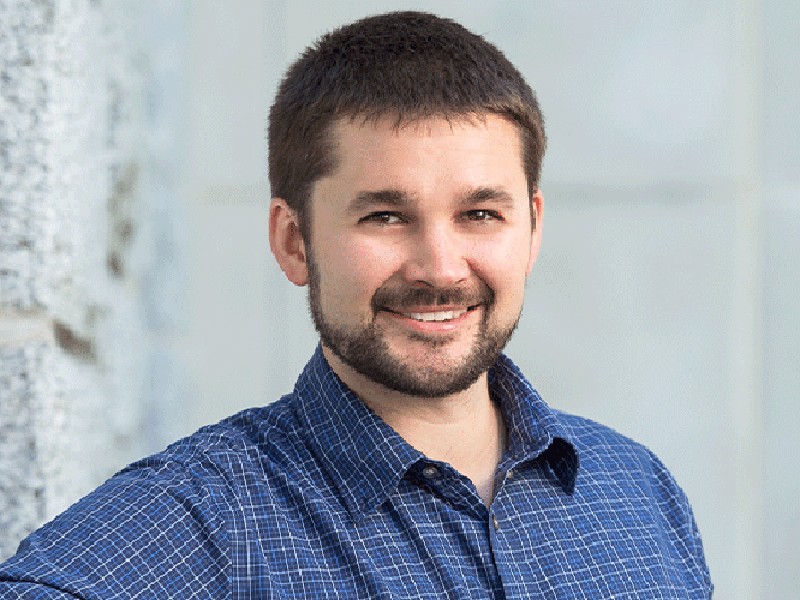NOVAMED: Villanova Laboratory for Affordable Medical Technologies
NOVAMED is motivated by the belief that income should not determine who has access to lifesaving care. Perhaps for the first time in human history, advances in technology can dramatically increase access to lifesaving medical equipment around the world.
OUR RESEARCH
Low-income countries continue to suffer disproportionately because the cost of advanced life-saving medical technologies remains out of reach. In this thrust, Villanovans are developing medical devices that can provide similar capabilities of commercial machines at a more affordable cost. Ventilators are one example technology currently being developed via our NovaVent platform. In order to meet the current global need for emergency ventilators, we designed and produced a prototype of a low-cost (<$1K) ventilator and plan to make the complete ventilator design open source, enabling anyone to rapidly produce the devices with the same performance and reliability. [Funded by Villanova University. Lead: C. Nataraj]
Emergency medical care can be hindered by an inability to quickly get medical supplies and first responders to the patient due to obstacles like traffic congestion and rough terrain. In this thrust, we are developing robotic systems that help first responders navigate the challenges. Ongoing work includes EMeDS, a blueprint for the delivery of emergency medical equipment in traffic-choked cities and rural areas, as well as the use of telemedicine in remote areas. Currently, a pilot project on drone delivery of emergency medical supplies is being conducted in a partnership between Villanova University, Children’s Hospital of Philadelphia, and Indian Institute of Science and General Aeronautics. [Funded by IUSSTF & Penn Global. Lead: C. Nataraj]
In another relevant project, Villanova University is collaborating with NGOs and universities in Cambodia to develop affordable, teleoperated unmanned ground vehicles for humanitarian purposes. While originally designed for unexploded ordnance removal, these rugged robots can be used for medical supply delivery in disaster situations or serve as a virtual presence for a medical professional during a pandemic, allowing them closer access to patients in remote areas. This work, initiated in 2012, is a partnership between Villanova and Cambodian NGOs, universities, and companies. [Funded by US Dept. of State and NSF. Lead: Garrett Clayton]
Medical diagnosis is difficult—diagnostic errors are the most common, costly and lethal among all medical mistakes. Even in the best of circumstances in well-resourced nations, the Institute of Medicine estimates that 60-70% of medical diagnoses are inaccurate. In low-resource regions of the world, it is starkly worse. In partnerships with hospitals, we have been developing advanced and accurate diagnostic algorithms since 2007 for various conditions and diseases such as cardiovascular disease, pediatric neurological damage, metabolic syndrome, sepsis, etc. We aim to leverage this knowledge and research experience to develop and adapt clinical decision support systems for physicians in low-resource situations who often have limited expertise and experience. [Funded by NIH, CHOP. Lead: C. Nataraj]
Our goal is to design reliable, customizable, and inexpensive clinical lab equipment for health workers in low-resourced settings. Our devices can be 3D-printed and controlled with an inexpensive microcontroller. Thus far, we have designed a $25 photometer that can be used to measure enzymatic activity or protein concentrations and a smartphone-controlled microscope that can be used to measure complete blood counts. We are also designing a chromatography system that costs ~$500 (vs. $25-100k for a commercial system) that can be used to isolate valuable enzymes and proteins. These devices could be used to produce and characterize medicines (e.g., antibodies) or run routine assays to help diagnose patients. [Funded by Villanova University. Lead: Jacob Elmer]
NOVAMED RESEARCHERS

Dr. C. Nataraj
Dr. Nataraj is the Moritz Endowed Professor of Engineered Systems in the Department of Mechanical Engineering and director of the Villanova Center for Analytics of Dynamic Systems. He areas of expertise include unmanned vehicles, robotics, vibration analysis, prognostics and biological modeling.

Dr. Garrett Clayton
Dr. Clayton is an associate professor of Mechanical Engineering and director of the Center for Nonlinear Dynamics and Control. He has a passion for humanitarian robotics and spent four months in Cambodia on a Fulbright grant.

Dr. Jacob Elmer
Dr. Elmer is the Dicciani Endowed Professor of Chemical and Biological Engineering and director of the College’s Drug Discovery and Development Laboratory. His work, which is supported by the National Science Foundation and National Institutes of Health, includes improving gene therapy and studying earthworm hemoglobin as a potential blood substitute.
